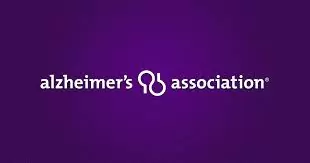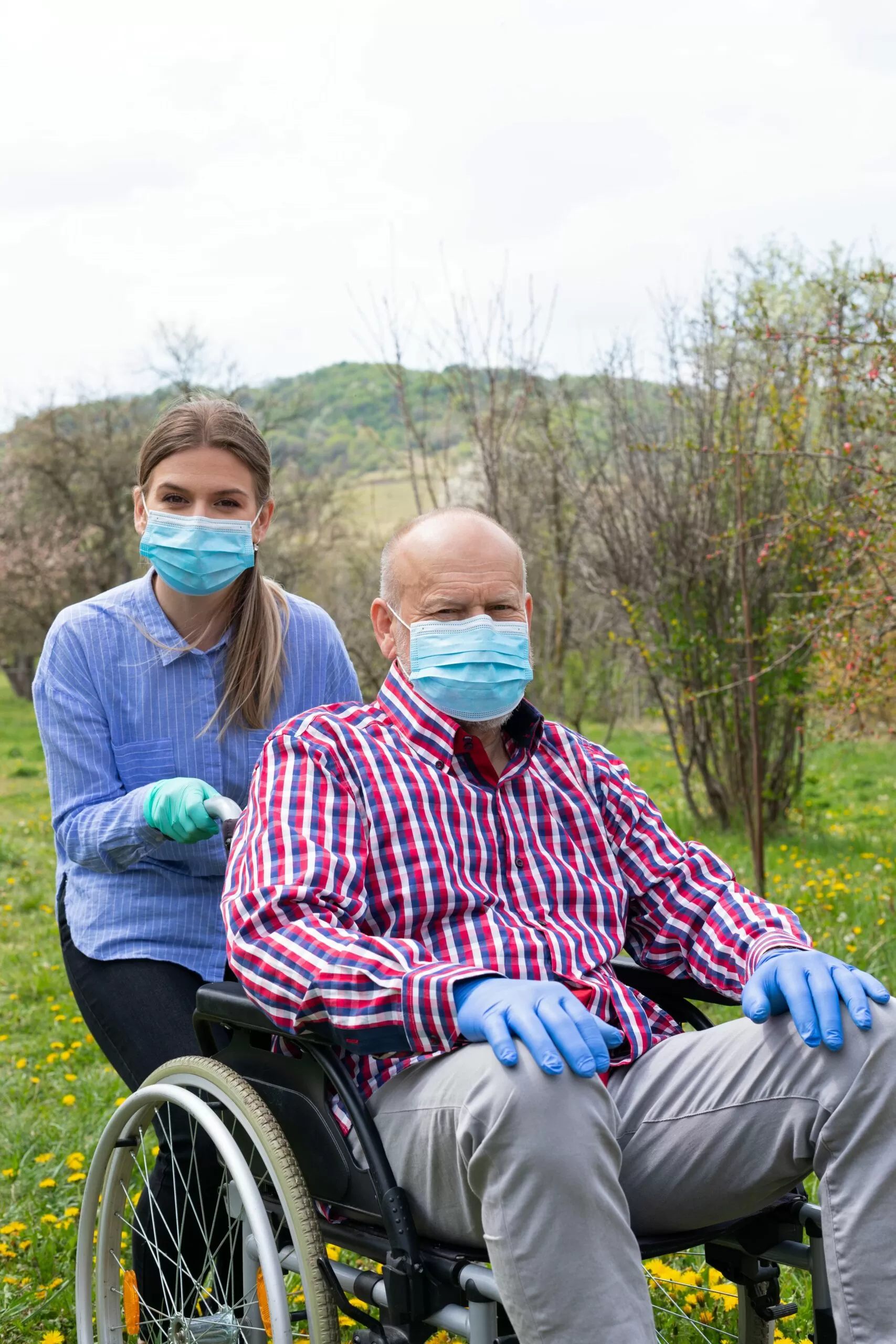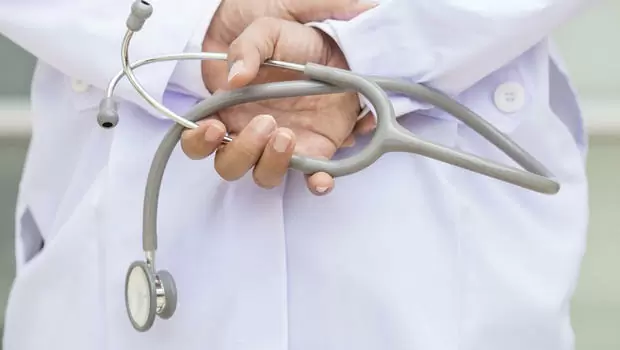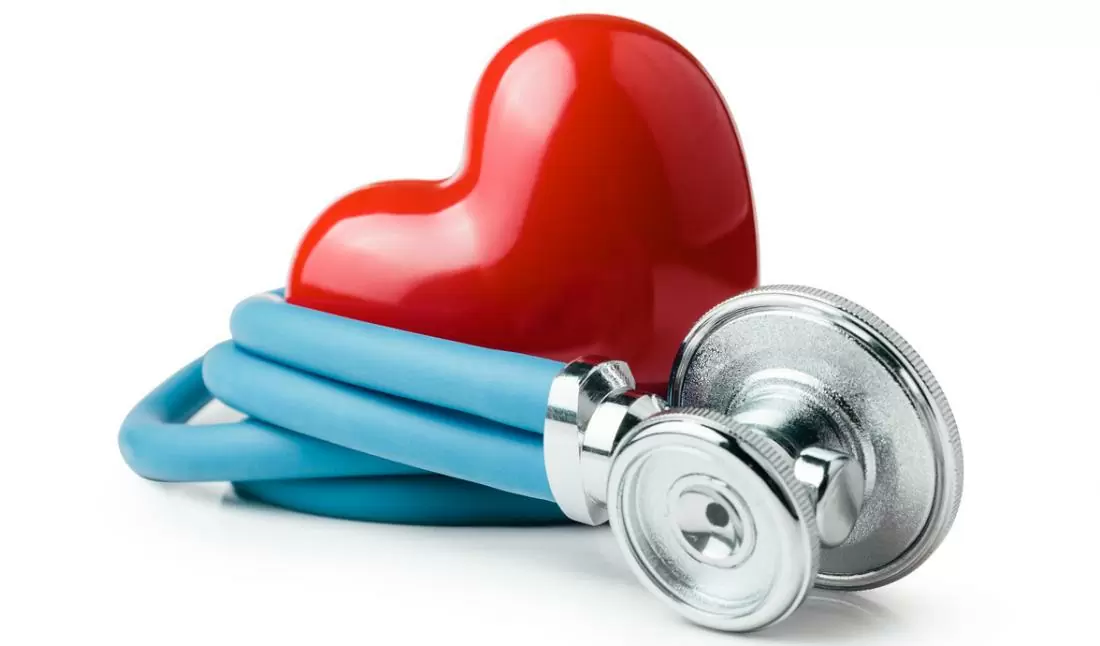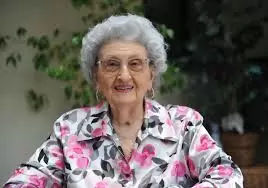Regular readers of my blog know that both my father and my grandfather had Alzheimer’s disease when they passed away. It’s a terrible disease for which there is no cure. However, there are ways that you can try and keep the disease at bay including:
- Protect your heart – Four major risk factors directly relate to heart health: high blood pressure, obesity, diabetes and smoking. Work towards keeping blood pressure and cholesterol low by eating a healthy diet.
- Exercise – According to Dr. Richard Isaacson, this can be the brain’s first defense against amyloid plaque. Try and get at least thirty minutes of exercise per day.
- Stay Socially and mentally active – Getting together with family and friends can be difficult during the COVID pandemic, but getting social stimulation is important, even if you have to do it over a zoom call.
- Avoid head injury – This is easier said than done, but studies have found that even mild head trauma can result in dementia. Wear a seatbelt, play sports safely and treat any head injury immediately.
- Treat depression, hearing loss, and substance abuse – Excessive alcohol consumption, hearing loss and depression all increase the risk for dementia.
Source: American Brain Foundation and Brain Life, the Academy of Neurology’s patient and caregiver magazine and website.
If you or a family member are struggling with Alzheimer’s disease or some other type of dementia, go talk to the good folks at the Alzheimer’s Association’s Monterey Chapter in Ryan Ranch. They also have a 24-hour hotline you can call at 1800-272-3900.


